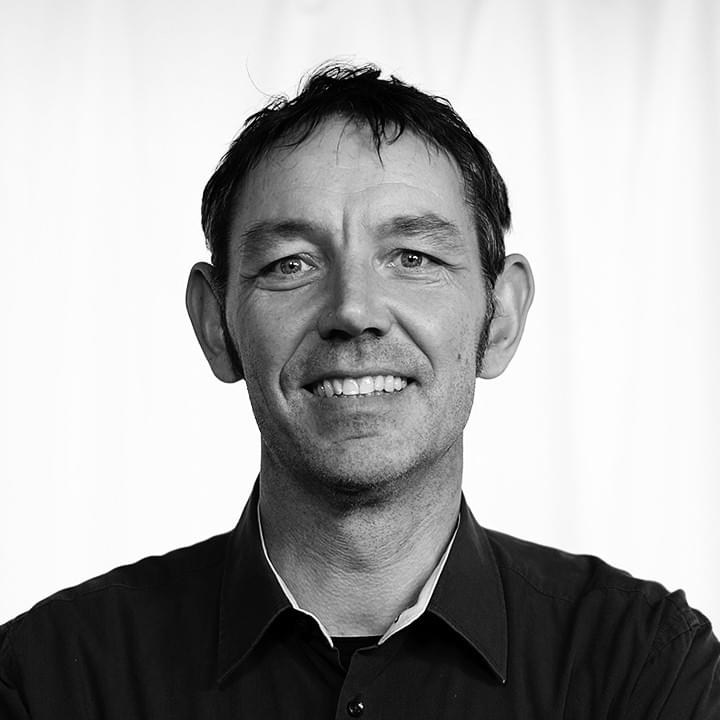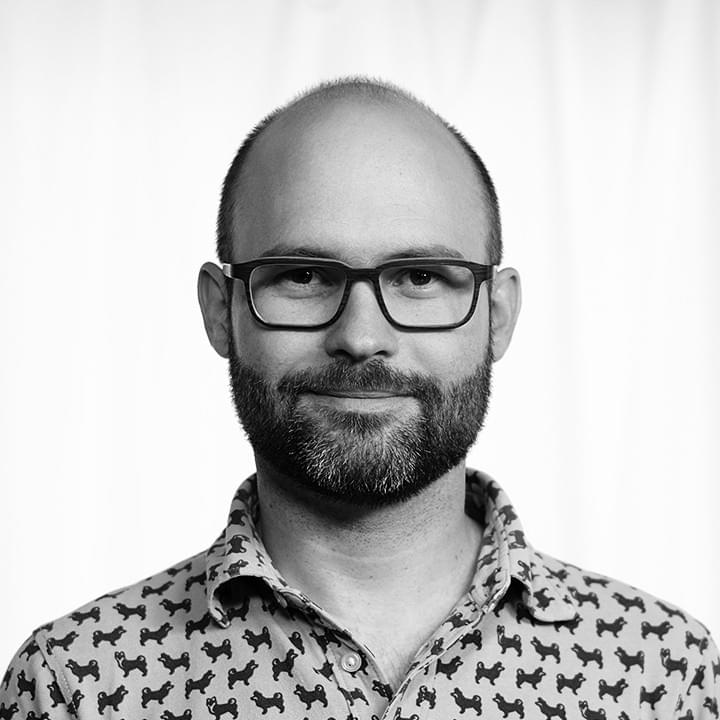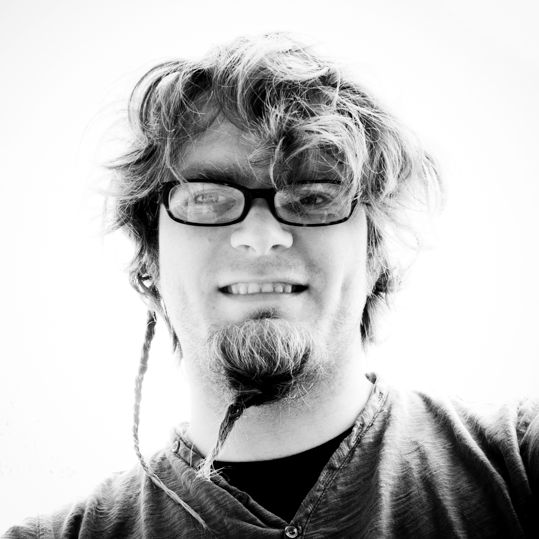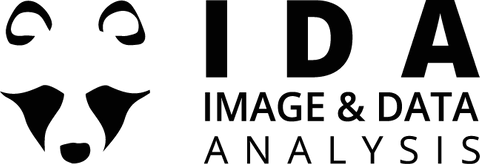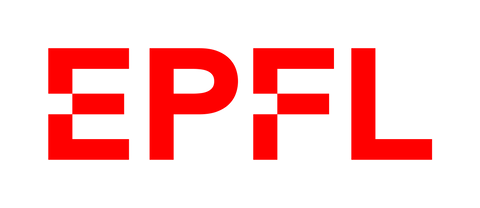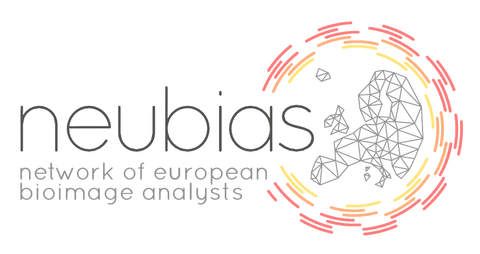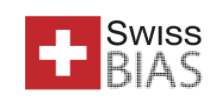
Time: 16th - 21st July 2023
Place: EPFL, Lausanne (in person)
Participation fee: 600 CHF (academia) / 1200 CHF (industry)
Anyone can apply - irrespective of affiliation, position, or location!
Application deadline: 2023-03-30
Information about acceptance: 2023-04-14
About the School
This one-week school provides a hands-on introduction to image processing and analysis, with an emphasis on biologically relevant examples.
Is this school for you?
- Are you a life-science researcher with a pressing need to quantify your light-microscopy images?
- Are you uncertain about how to: Best calculate co-localisation, do deconvolution, automate the counting of cells, track objects over time, handle massive amounts of image data, record your image-analysis workflows in a reproducible manner?
- If you answered yes to some of the above, then this school is for you!
Motivation
Digital images of high quality and quantity are now the norm in biomedical sciences. Ten to twenty years ago, when many current professors trained as students or post-docs, this was not yet the case as most microscopes were, at best, equipped with low-resolution digital cameras, celluloid-film (analogue) cameras, or no camera at all.
This rapid change is rarely reflected in the curricula of life-science university departments and they offer few, if any, courses in image processing and analysis. Understandably, courses in image-analysis (computer-vision) in the computer-science departments tend to have different aims, work on different image-data, and pre-suppose literacy in at least one programming language, rendering them all but irrelevant for the life-scientist working in the laboratory.
To bridge this gap, between what the life-scientist needs and what courses she/he is normally offered, we have created this school for image analysis. No former experience with programming is assumed, nor will much indeed be needed; only a strong desire to learn what can be done and how to do it is required.
What you will learn
You will learn the fundamentals of image analysis, including basic macro programming in ImageJ/Fiji as well as other software solutions.
MOOC
Before the start of the course, you’re expected to validate the IPA4LS on-line course . You’ll have some videos, exercises and quizzes to gauge your IDA knowledge. We ask you to follow the “extra week” dealing with the ImageJ Macro language.
POSSIBLE TOPICS
Some possible topics, based on popularity last years:- Deep Learning for image restoration and segmentation.
- Co-localisation, i.e., spatial correlation analysis and statistics.
- Data Analysis using KNIME.
- De-convolution of microscopy images.
- Tracking of particles and cells in time-lapse recordings.
- Stitching and registration of stacks of large image data.
- Hands-on training with image-analysis software solutions such as ilastik, CellProfiler and QuPath.
Structure of the week
You will be working actively with image-analysis software every day -- this is an interactive hands-on school, not a passive lecture series. Short introductions are followed by guided workflows that we step through together. You can (and should) ask questions at any time throughout.
There will be a single invited lecture every day, alternating between scientists using image-analysis as an integral part of their biomedical research and researchers developing new image-analysis algorithms and software.
You will have the chance to work on your own data, that you brought from home, throughout the week, with support from the trainers.
In the second part of the week you will be working on image-analysis projects, in groups, with support from the trainers. On the last day you will present the results of your project-work.
Factoids
- We will accept 25 participants --- this number is kept low to facilitate effective tutoring.
- You will need to bring your laptop and data.
- Participation is only possible for the entire week.
- The fee covers the attendance to the course and some snacks and drinks throughout the day. You need to cover travel, lunches & accomodation yourself.
- A small number of fee-waivers are available.
- PhD students can earn two ECTS credits from the school (we provide documents, upon approval of your local doctoral school).
(Tentative) Program
Expect some changes as we are working on the 2023 program right now...
Speakers & Trainers (alphabetical order)
We are working on confirmation from Speakers and Trainers. With backgrounds in biology, computer science, and physics and extensive teaching experience across the disciplines
Organizers
The people behind ZIDAS 2023
Connect With Us
Something unclear? Let us know!
© ZIDAS 2023














